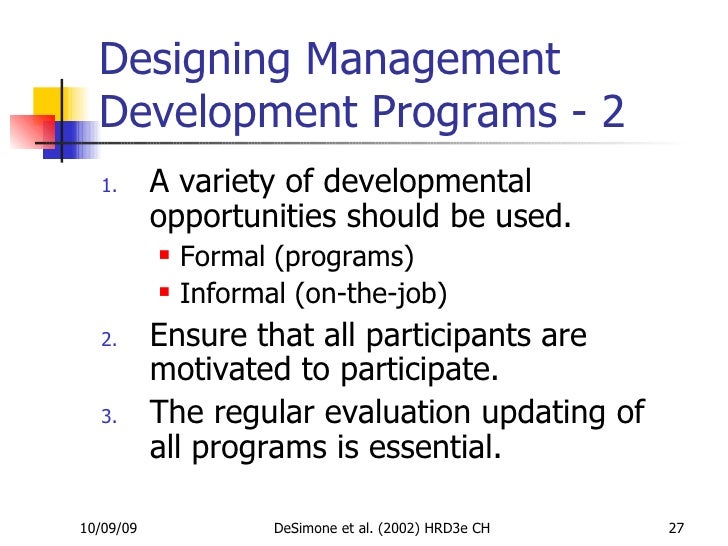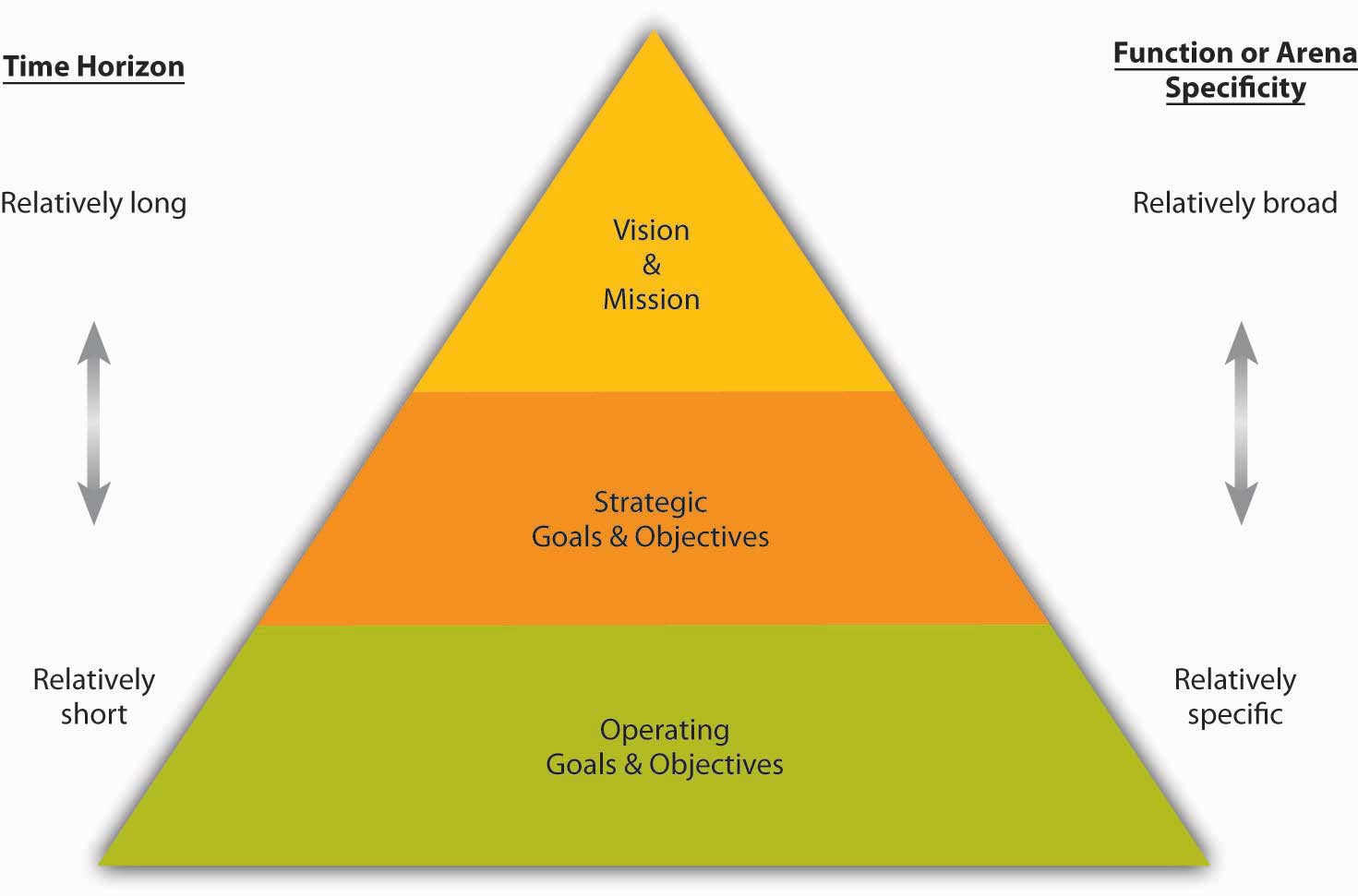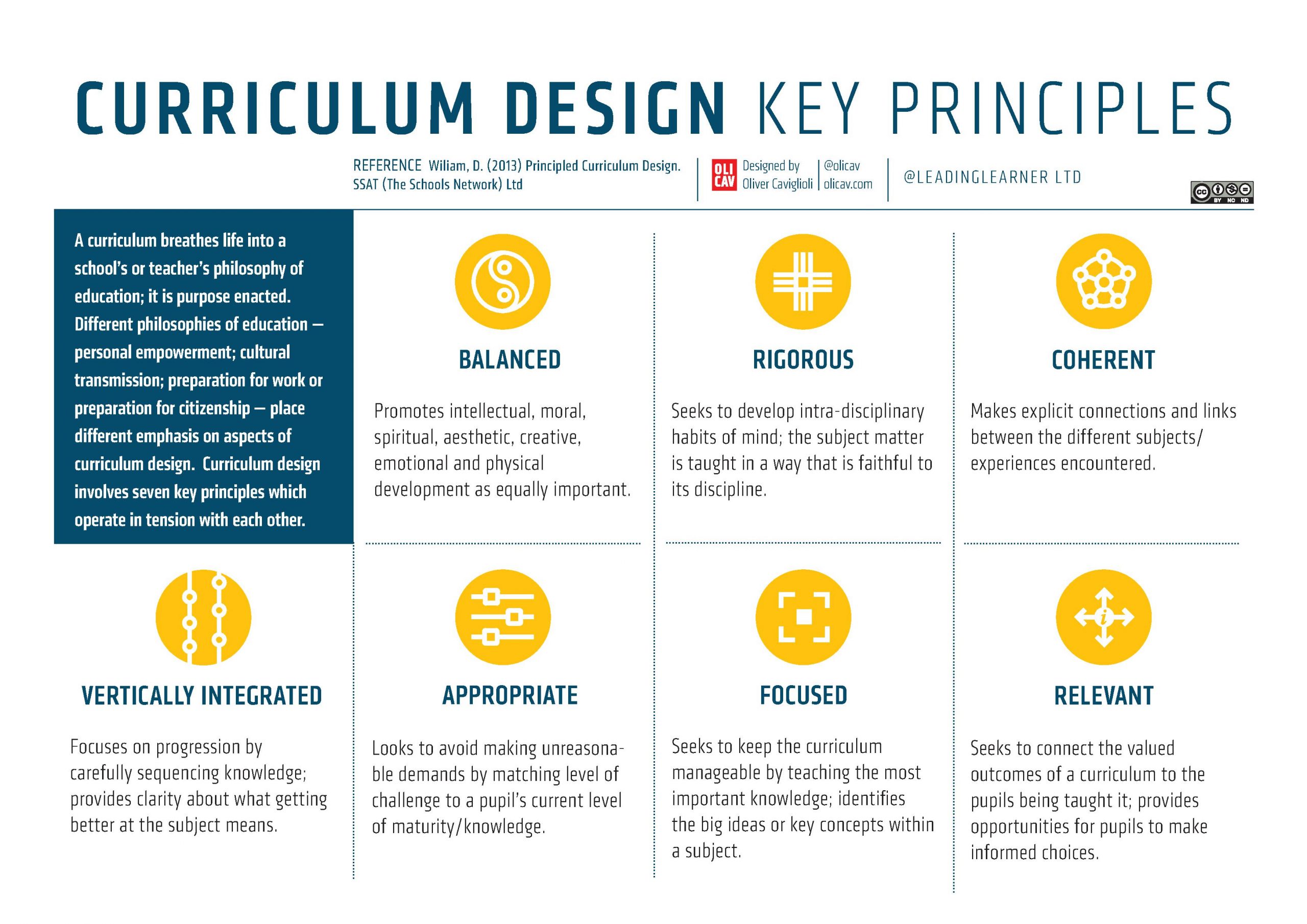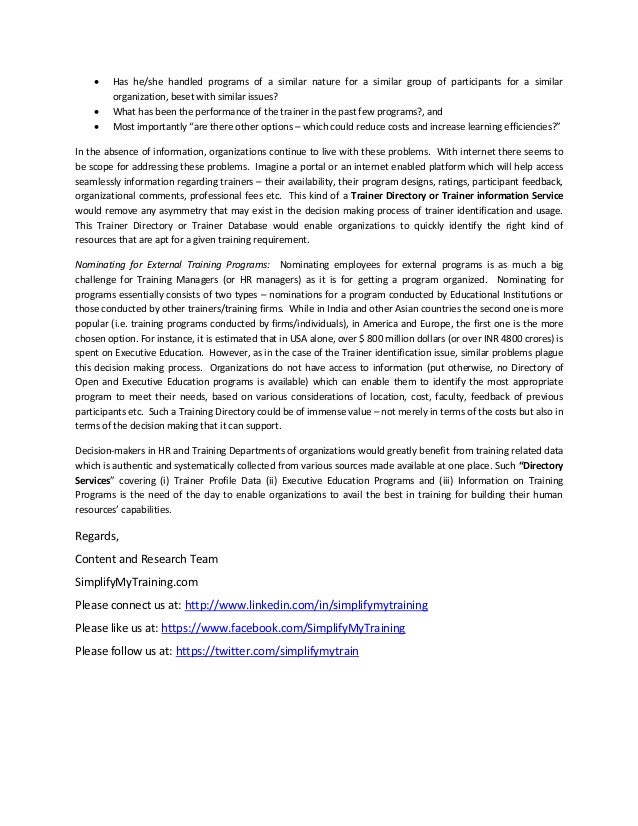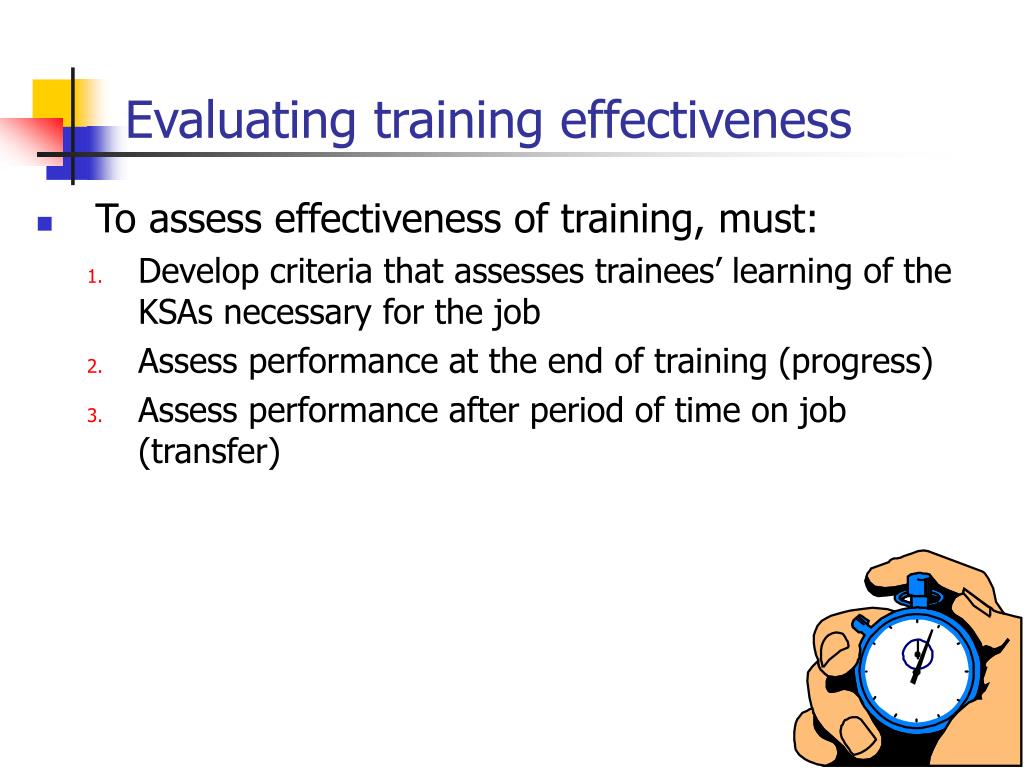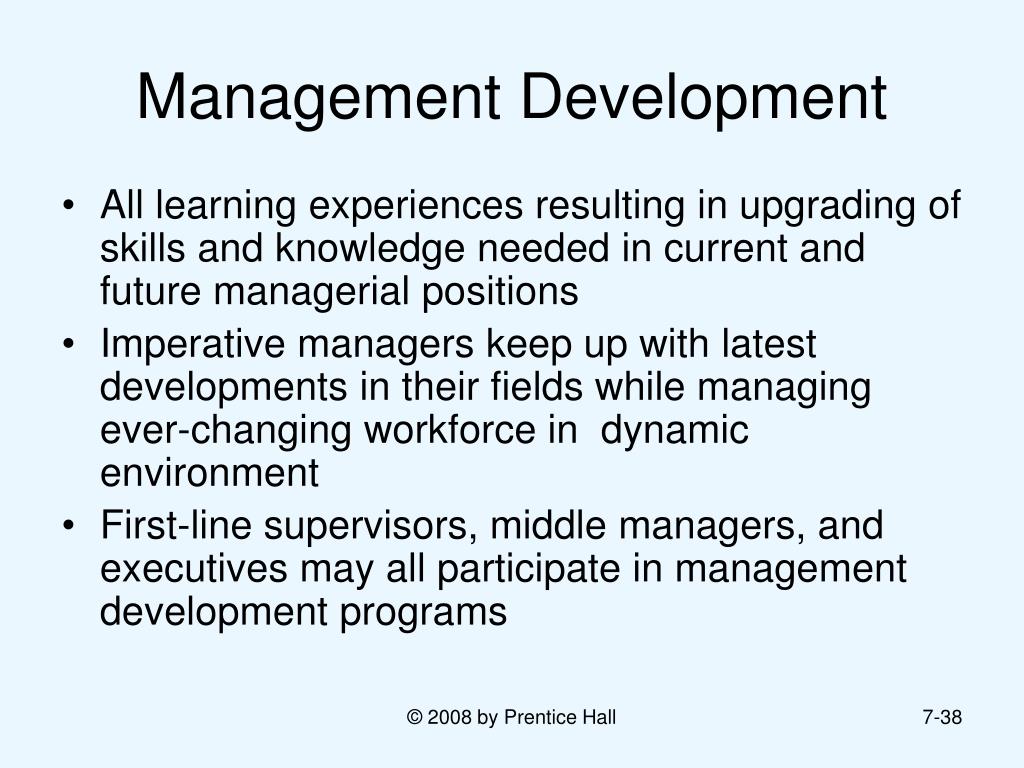Implementing Management Development Programs Presentation
| Introduction to Implementing Management Development Programs | ||
|---|---|---|
| Implementing management development programs is crucial for organizations to develop their leaders and enhance overall performance. These programs aim to provide managers with the necessary skills and knowledge to effectively lead their teams. Effective implementation requires careful planning and consideration of various factors. | ||
| 1 | ||
| Assessing Organizational Needs | ||
|---|---|---|
| Conduct a thorough assessment of the organization's current and future needs to identify gaps in management skills and competencies. Gather feedback from employees, conduct surveys, and analyze performance data to pinpoint areas that require improvement. Use the information gathered to create a clear roadmap for the development programs. | ||
| 2 | ||
| Defining Program Objectives | ||
|---|---|---|
| Clearly define the objectives and goals of the management development programs. Ensure that the objectives align with the organization's strategic goals and vision. Objectives should be specific, measurable, achievable, relevant, and time-bound (SMART). | ||
| 3 | ||
| Designing the Curriculum | ||
|---|---|---|
| Develop a comprehensive curriculum that covers a range of management skills and competencies. Include a mix of theoretical knowledge and practical application through case studies, simulations, and real-life scenarios. Tailor the curriculum to address the specific needs and challenges faced by managers in the organization. | ||
| 4 | ||
| Selecting Training Methods | ||
|---|---|---|
| Choose appropriate training methods based on the learning objectives and the target audience. Consider a mix of classroom training, e-learning modules, workshops, coaching, and mentoring. Incorporate opportunities for experiential learning and practice to reinforce new skills and behaviors. | ||
| 5 | ||
| Identifying and Developing Trainers | ||
|---|---|---|
| Identify internal subject matter experts or experienced managers who can serve as trainers. Provide necessary training and resources to enhance their facilitation and coaching skills. Consider partnering with external trainers or consultants to bring in fresh perspectives and industry expertise. | ||
| 6 | ||
| Implementing the Program | ||
|---|---|---|
| Develop a detailed implementation plan with clear timelines and responsibilities. Communicate the program's purpose, benefits, and expectations to all stakeholders. Ensure that managers and participants are fully engaged and committed to the program. | ||
| 7 | ||
| Evaluating Program Effectiveness | ||
|---|---|---|
| Establish evaluation criteria and metrics to assess the effectiveness of the management development programs. Collect feedback from participants, managers, and other stakeholders through surveys, interviews, and assessments. Use the data collected to identify areas of improvement and make necessary adjustments to the program. | ||
| 8 | ||
| Sustaining the Impact | ||
|---|---|---|
| Develop a plan to sustain the impact of the management development programs beyond the initial training. Provide ongoing support, coaching, and mentoring to reinforce new skills and behaviors. Create a culture that values continuous learning and development. | ||
| 9 | ||
| Conclusion | ||
|---|---|---|
| Implementing management development programs is essential for organizations to develop strong leaders and enhance overall performance. By assessing needs, defining objectives, designing a comprehensive curriculum, and evaluating effectiveness, organizations can create impactful programs. Sustaining the impact requires ongoing support and a culture of continuous learning. | ||
| 10 | ||
| References (download PPTX file for details) | ||
|---|---|---|
| Reference 1: Author, A. (Year). Title of the ... Reference 2: Author, B. (Year). Title of the ... Reference 3: Author, C. (Year). Title of the ... |  | |
| 11 | ||
